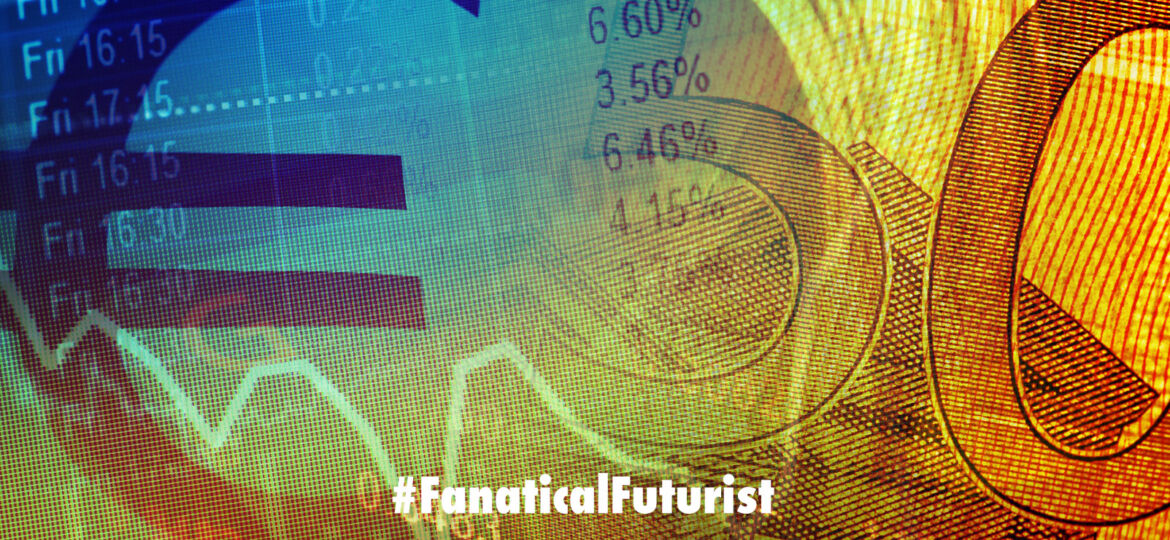
WHY THIS MATTERS IN BRIEF
Cash, sooner or later, will die, and several countries are trialling its replacements.
 Interested in the Exponential Future? Join our XPotential Community, future proof yourself with courses from our XPotential Academy, connect, watch a keynote, or browse my blog.
Interested in the Exponential Future? Join our XPotential Community, future proof yourself with courses from our XPotential Academy, connect, watch a keynote, or browse my blog.
As the use of cash around the world continues to shrink, as people embrace contactless and digital payments, as states across the US increasingly allow people to pay taxes in Bitcoin, and more, governments around the world are increasingly considering creating digital versions of their sovereign currencies.
In China’s and Sweden’s case they’ve now moved beyond the thinking stage and have started testing their digital currencies in large scale real world trials – albeit that in China’s case they accelerated their trials after the sudden emergence of Facebook’s own digital currency the Libra whose introduction would have been so profound many governments around the world feared it could one day usurp the US dollar as the world’s defacto currency.
Now, some years after China and Sweden began their journeys the European Central Bank has announced they’ve moved a step closer to exploring the creation of a virtual currency, after president Christine Lagarde said on Monday it was “very seriously considering” a digital euro.
At a virtual meeting hosted by the International Monetary Fund, Lagarde said: “The ECB is very seriously looking at a digital Europe.”
She also said the COVID-19 pandemic has led to many structural changes including the way “we work, we trade, and we pay.”
Digital payments have increased significantly as a result, particularly in countries such as Germany and Italy where “cash was king,” Lagarde said. “People [used to] walk around with banknotes in [Germany and Italy], and now they don’t.”
Lagarde said the pandemic caused e-commerce to rise by almost one fifth in terms of volumes and sales between February, when the outbreak first hit Europe, and June this year, when many of the toughest lockdown restrictions eased.
“There is much more confidence in digital payments and significant change is [now] underway,” she added.
In a study published earlier this month the ECB said a digital euro would “help provide citizens with even quicker access to money than they have today in a fast changing digital world.”
Source: ECB

















[…] Sources : Fanatical Futurist […]
[…] running. China is well advanced with real-life trials of an E-Yuan. The European Central Bank has digital euro one underway too, while the Bank for International Settlements, the global central bank umbrella […]